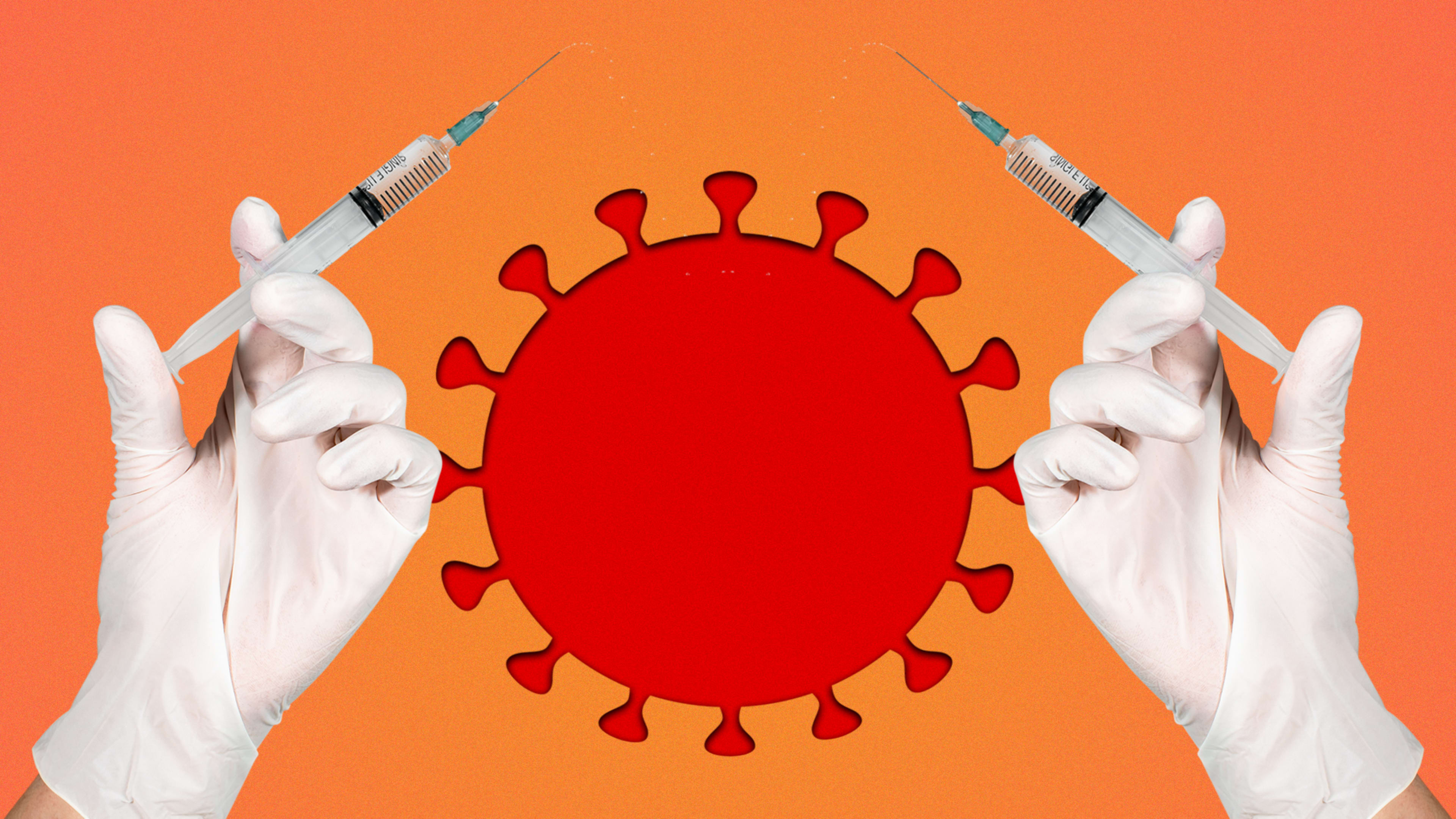News! Moderna reported positive Phase I testing results for its COVID-19 vaccine and will begin Phase III testing it on 30,000 humans in two weeks. (Separate Phase II trials are underway.) “No matter how you slice this, this is good news,” Dr. Anthony Fauci, our national bearer of bad news, told the Associated Press.
Does this mean we’re saved?
Um, no. Not at all. It means that the first large-scale human testing is beginning. Successful Phase I or Phase II trials are not synonymous with a successful vaccine: For example, many HIV vaccines have passed Phase II testing, and we do not have an HIV vaccine.
Phase I and Phase II trials mostly prove that the vaccine doesn’t cause horrific side effects on small numbers of people. Phase III trials are where we find out whether the vaccine is actually effective, and whether it has any obvious ill effects.
How did Moderna’s Phase I testing go?
We don’t know! Moderna hasn’t yet released full results. On Tuesday, Moderna published partial findings in the New England Journal of Medicine showing that 45 participants developed antibodies similar to levels found in COVID-19 survivors—which is the goal—and that about half experienced brief flu-like symptoms. But their participants were all younger adults. The company has not yet released its results for older adults, nor tested people with underlying health conditions. We reached out to the company for more information and will update when we hear back. Their vaccine is two shots, one month apart.
So will the vaccine work?
Sigh. A new study out of the U.K. indicates that COVID-19 antibodies may only be protective for 2-3 months. This is bad! The study is not yet peer-reviewed, nor has it been replicated, so the jury is still out, though it does mimic the findings of a Chinese study from a month ago. If antibodies are only protective for a couple of months, this would make global herd immunity a pipe dream, but it would be a boon for pharmaceutical companies, who would potentially be providing vaccines multiple times a year on an ongoing basis. This is all based on preliminary data and very subject to change.
Are there other vaccines besides Moderna’s?
Yep. Roughly 120 vaccines are being developed worldwide, with just under two dozen of those in testing on humans, including a U.S.-funded vaccine out of Oxford University that is also starting testing on 30,000 participants. Meanwhile, China is human-testing eight vaccine candidates. A handful of different delivery technologies are being used.
What are experts saying?
Merck CEO Kenneth Frazier says that it’s a “grave disservice” to tell the public that a vaccine may be available by the end of the year. “If you are going to use a vaccine in billions of people, you’d better know what that vaccine does,” he said. Vaccines typically take a minimum of four years to develop.
What should we be crossing our fingers for?
That a dozen vaccines prove effective and safe on many millions of recipients. This is not like a Final Four, where you root for one winner; it’s like third grade, where everyone wins. We want as many effective vaccines out there as possible. Stay tuned.
Recognize your brand’s excellence by applying to this year’s Brands That Matter Awards before the early-rate deadline, May 3.
